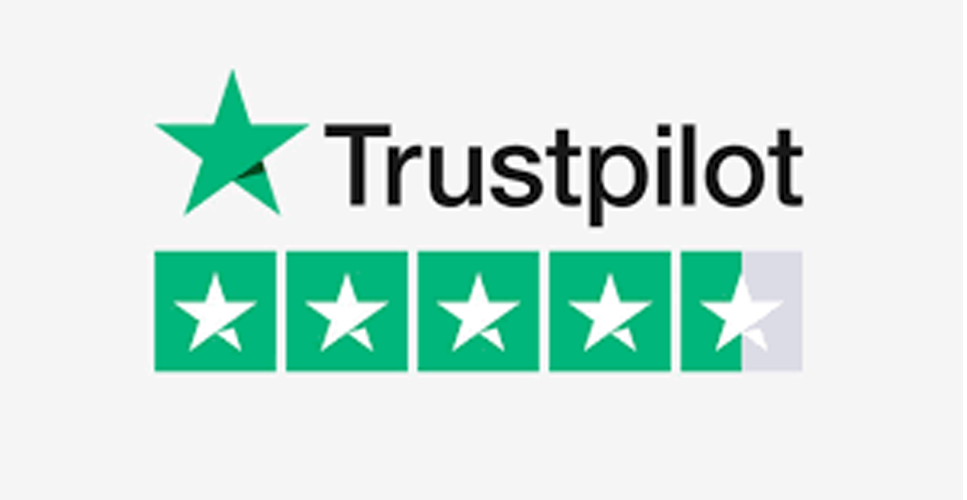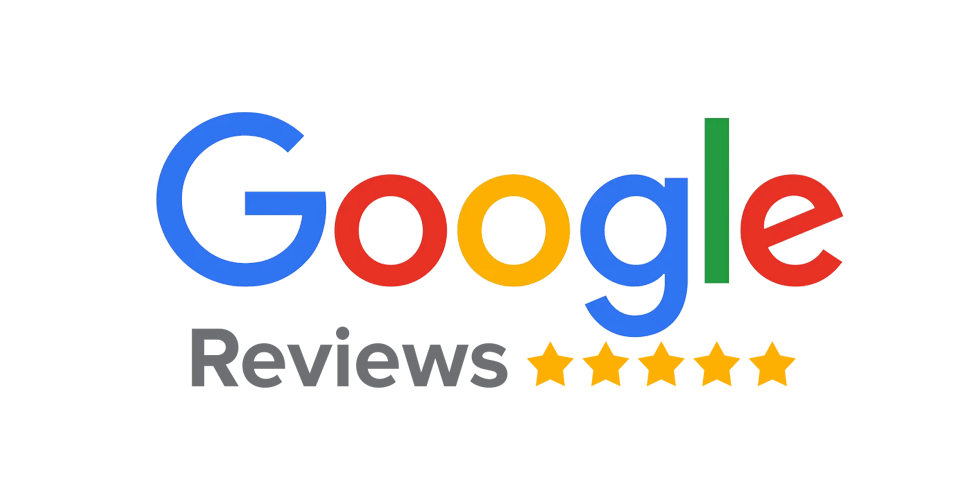The Beginner’s Guide to SEO: How Small Businesses Can Get Found Online
If you’re a small business owner - perhaps a carpenter in Glasgow, a plumber in Southampton, or a hairdresser in Bath - you’ve likely heard the term “SEO” thrown around. But what does it actually mean, and how can it help your business get found online? Search Engine Optimisation (SEO) is the key to making sure your business shows up when potential customers search for services like yours on Google.
At Leads Nurtured, we’ve helped countless small businesses boost their online visibility through SEO, and we’re here to guide you through the basics. In this beginner’s guide, we’ll break down what SEO is, why it matters, and how you can use it to grow your small business. Let’s get your business noticed!
What Is SEO, and Why Does It Matter for Small Businesses?
SEO stands for Search Engine Optimisation - a set of strategies to improve your website’s ranking on search engines like Google. When someone searches for “carpenter in Glasgow” or “plumber in Southampton,” SEO helps ensure your business appears at the top of the results, making it easier for customers to find you.
Why does this matter? According to a 2024 study by BrightLocal, 75% of people never scroll past the first page of Google search results. If your business isn’t ranking well, you’re missing out on potential customers. For small businesses, SEO is a game-changer because it levels the playing field - you don’t need a big budget to compete with larger companies. With the right approach, you can attract local customers who are ready to buy.
I’ll never forget meeting David, a carpenter in Glasgow. He had a fantastic reputation locally but struggled to get new customers online. “I don’t even show up on Google when people search for carpenters in my area,” he told me over a cuppa. We helped him implement some basic SEO strategies, and within three months, his website was on the first page of Google, bringing in 20 new inquiries a month. That’s the power of SEO - it connects you with customers who are already looking for what you offer.
The Basics of SEO: How It Works
SEO might sound technical, but it’s really about understanding what Google values and giving it to them. Google’s goal is to show users the most relevant, high-quality results for their search. To do that, it looks at three main factors:
- Relevance: Does your website match what the user is searching for? This is where keywords come in - words or phrases your customers might use, like “hairdresser in Bath.”
- Authority: Does your website seem trustworthy? Google looks at things like customer reviews and links from other reputable sites to gauge your credibility.
- User Experience: Is your website easy to use? Factors like fast loading times, mobile-friendliness, and clear navigation all play a role.
By focusing on these areas, you can improve your website’s ranking and get found by more customers. Let’s break it down into actionable steps.
How to Get Started with SEO: 5 Practical Steps for Small Businesses
Ready to boost your online visibility? Here’s a beginner-friendly guide to SEO, with steps you can start implementing today:
1. Find the Right Keywords for Your Business
Keywords are the foundation of SEO. These are the terms your customers type into Google when looking for services like yours. Start by brainstorming what your customers might search for. If you’re a plumber in Southampton, they might use “emergency plumber Southampton” or “boiler repair Southampton.”
Use a free tool like Google Keyword Planner to see how often these terms are searched and how competitive they are. Look for keywords with decent search volume but low competition - these are easier to rank for as a small business.
- Example: For David, the Glasgow carpenter, we identified “bespoke furniture Glasgow” as a key phrase with good potential. It matched what his customers were searching for and wasn’t too competitive.
2. Optimise Your Website for Those Keywords
Once you’ve got your keywords, use them strategically on your website. Add them to your page titles, headings, and content - but keep it natural. Google doesn’t like “keyword stuffing” (overusing keywords in an unnatural way), so focus on creating helpful content that includes your keywords organically.
Also, make sure your website is set up for local SEO. Include your location in your keywords and content, and create a Google My Business profile to appear in local search results and on Google Maps.
- Tip: For a hairdresser in Bath, we’d optimise their homepage with phrases like “best hairdresser in Bath” and create a blog post titled “Top 5 Hair Trends for 2025 in Bath” to attract local searches.
3. Create High-Quality, Helpful Content
Content is king in SEO. Google loves websites that provide value to users, so create content that answers your customers’ questions or solves their problems. This could be blog posts, how-to guides, or FAQs. For example, if you’re a plumber, you might write a blog post titled “How to Fix a Leaky Tap: A Southampton Plumber’s Guide.”
Not only does this help with SEO, but it also builds trust with potential customers. They’ll see you as an expert and be more likely to choose your services.
- Example: We helped Emma, a Southampton plumber, create a blog post about “5 Common Plumbing Issues in Southampton Homes.” It ranked on the first page of Google and brought in 15 new customers in the first month.
4. Build Trust with Reviews and Backlinks
Google uses reviews and backlinks (links from other websites to yours) to measure your authority. Encourage happy customers to leave reviews on your Google My Business profile - positive reviews can boost your ranking and convince new customers to choose you.
Backlinks are a bit trickier but just as important. Reach out to local blogs, directories, or business associations and ask if they’ll link to your website.
For example, a hairdresser in Bath might get a link from a local wedding blog by offering a guest post on “Bridal Hairstyles for 2025.”
- Tip: Our Nova package includes review management to help you collect and showcase customer feedback, boosting your SEO and credibility.
5. Make Your Website User-Friendly
A great user experience is crucial for SEO. Google prioritises websites that load quickly, work well on mobile devices, and are easy to navigate. If your website is slow or hard to use, visitors will leave - and Google will notice.
Use a tool like Google’s PageSpeed Insights to check your website’s speed and get suggestions for improvement. Ensure your site is mobile-friendly (most people search on their phones), and make navigation simple with clear menus and contact information.
- Example: We revamped David’s website with our Pulse package, making it mobile-friendly and fast. His bounce rate (the percentage of visitors who leave after viewing one page) dropped by 30%, and his rankings improved.
How Leads Nurtured Can Help You Get Found Online
At Leads Nurtured, we know SEO can feel overwhelming for small business owners - especially if you’re new to it. That’s where we come in. Our affordable packages are designed to help you improve your online visibility and attract more customers:
- Pulse (£150/month): A mobile-friendly Duda website with up to 10 pages, optimised for SEO and lead generation. We’ll ensure your site is fast, user-friendly, and ready to rank.
- Surge (£300/month): Everything in Pulse, plus Google My Business management to boost your local SEO and email marketing automation to nurture leads.
- Nova (£500/month): Our top-tier package, adding AI tools like chatbots and review management to enhance user experience and build trust.
Not sure where to start? Get a free SEO audit to see how your website is performing and where you can improve: Free SEO Audit Form.
Real Results: How SEO Helped David’s Carpentry Business
Let’s go back to David, the carpenter in Glasgow. When we started working with him, his website was nowhere to be found on Google, and he was missing out on potential customers. We helped him implement a beginner-friendly SEO strategy:
- We identified keywords like “bespoke furniture Glasgow” and optimised his website with them.
- We set up a Google My Business profile to improve his local visibility.
- We created a blog post titled “5 Tips for Choosing Custom Furniture in Glasgow,” which ranked on the first page of Google.
- We encouraged his happy customers to leave reviews, boosting his authority.
- We revamped his website to be fast and mobile-friendly, improving user experience.
Within three months, David’s website was on the first page of Google for his target keywords, and he was getting 20 new inquiries a month. “Leads Nurtured made SEO so simple - I’m finally getting found by the right customers,” he said. That’s the impact SEO can have.
Your Next Step: Start Your SEO Journey Today
SEO doesn’t have to be complicated - even as a beginner, you can take small steps to get your small business found online. Start by finding the right keywords, optimising your website, creating helpful content, building trust with reviews and backlinks, and ensuring your site is user-friendly.
And if you need support, Leads Nurtured is here to help. Our affordable packages - starting at just £150/month - can take the stress out of SEO and help you grow your business.
Take the first step today. Get a free SEO audit to see how your website can improve: Free SEO Audit Form. Let’s get your business to the top of Google and connect you with the customers who need you most!
We’re Ready When You Are
See What We Can Do For Your Business






















